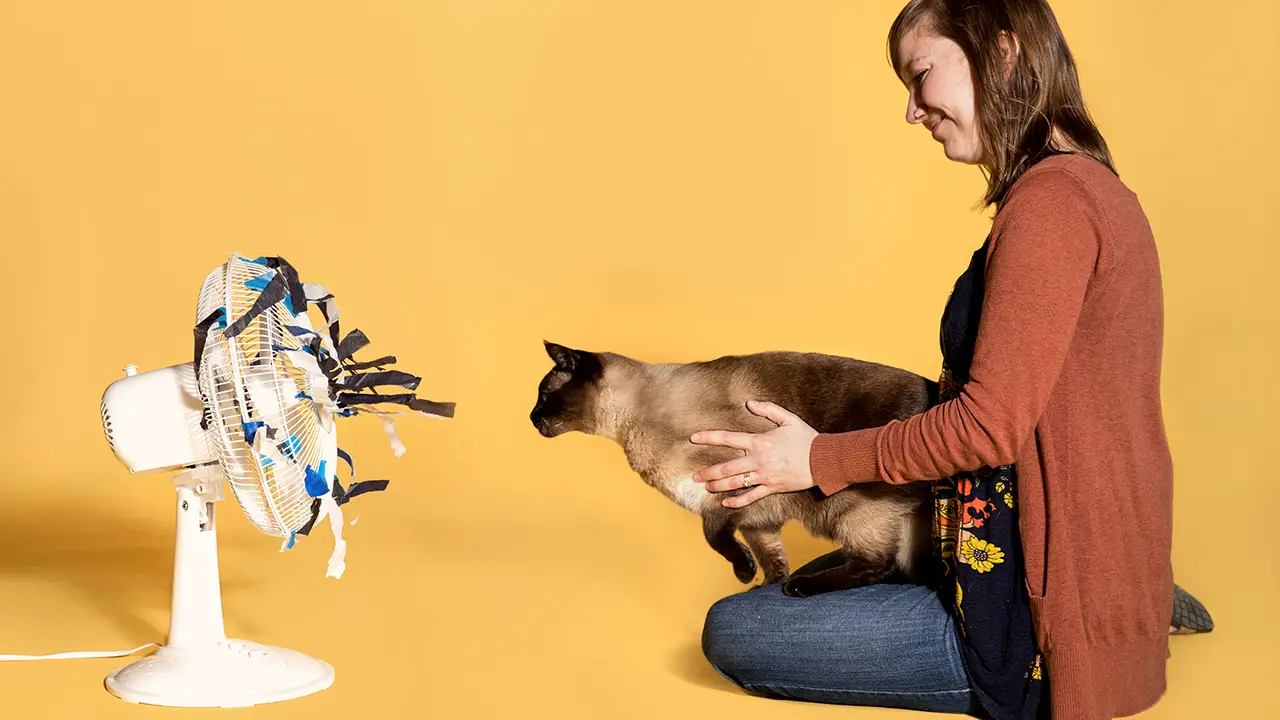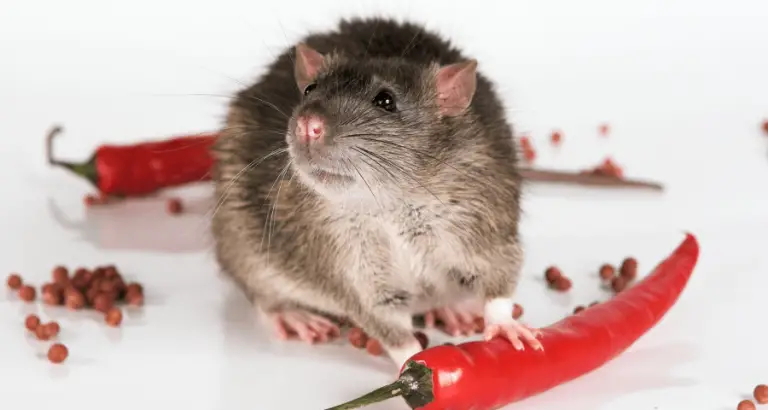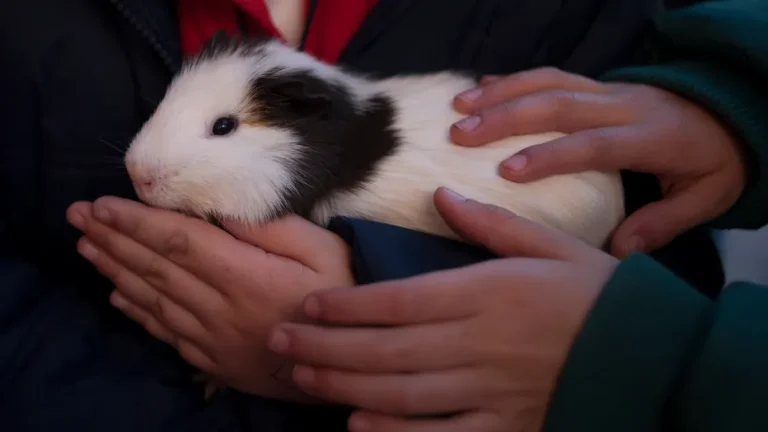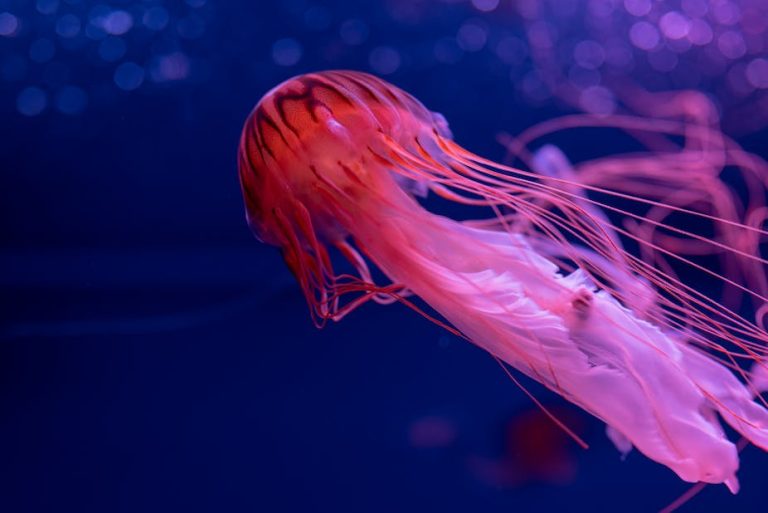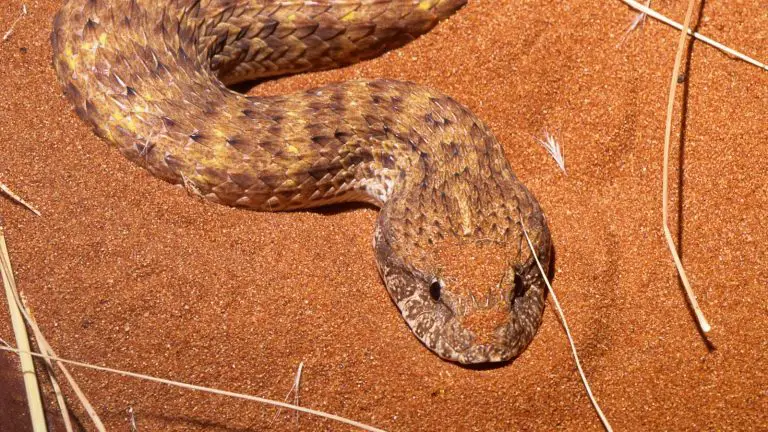Why Do Some Cats Like To Be Alone
Some cats like to be alone due to their independent nature and personal preference. Cats are solitary animals by nature and may choose to spend time alone for various reasons such as privacy, territorial behavior, or simply to relax without any disturbances.
Cats have long been known for their independent and solitary nature. While many feline companions enjoy socializing with their human counterparts, it’s not uncommon to come across cats that prefer solitude. Understanding why some cats enjoy being alone can help pet owners provide a conducive environment for their furry friends.
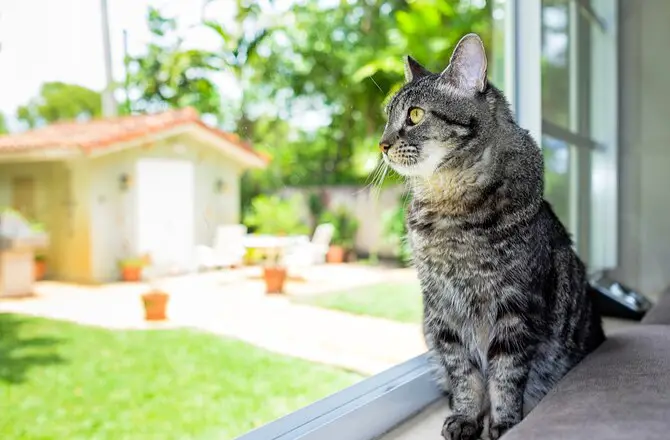
Unlike dogs, who are inherently social animals, cats have retained many wild instincts that drive their behavior. These instincts can influence their preference for solitude, allowing them to thrive in their individual spaces. We will explore the reasons behind why some cats choose to be alone and how to respect and accommodate their needs within a domesticated setting. So, if you have a feline friend who prefers solitude, read on to discover the fascinating reasons behind their behavior.
What Makes Cats Choose Solitude?
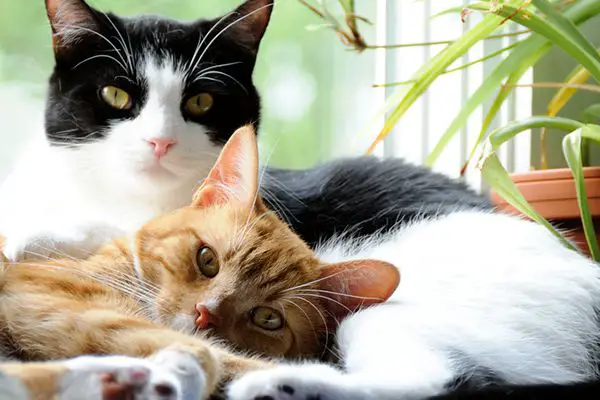
Cats are known for their independent nature, often preferring solitude over constant companionship. The origins of this behavior can be attributed to both genetics and environmental factors. Cats may inherit a predisposition for independence, making them naturally inclined to seek out personal space.
Additionally, the environment in which a cat grows up can play a significant role in shaping their preference for solitude. Some cats may have experienced situations where they felt overwhelmed or stressed in the presence of other animals or humans, leading them to choose solitude as a means of finding comfort and security.
It’s important to respect a cat’s need for alone time and provide them with a safe and quiet space where they can retreat when they desire solitude. Understanding and accepting a cat’s independent nature can help foster a harmonious relationship.

The Science Behind Independent Cats
Cats are known for their independence, but have you ever wondered why some cats prefer to be alone? The answer lies in the science behind their behavior. When examining the psychology of feline independence, it becomes clear that neurological factors play a significant role in a cat’s desire for solitude.
Certain cats have a genetic predisposition for being more independent, while others may have had early life experiences that shaped their preference for solitude. Additionally, socialization plays a crucial role in a cat’s independence. Cats that have had limited exposure to social interaction during their formative years may be more inclined to seek solitude as adults.
Understanding these factors helps shed light on why some cats thrive in their alone time, even if it may seem perplexing to us as social creatures.
Nurturing A Cat’S Independent Nature
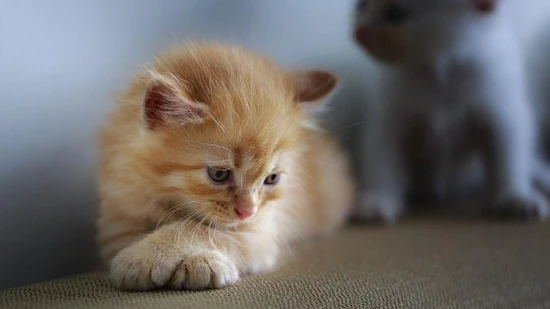
Cats have a reputation for being independent creatures, and some cats truly prefer solitude. It is essential to understand and respect their independent nature to provide the best care. Enrichment is key, with toys, puzzles, and activities that stimulate solo play.
Creating safe and comfortable spaces is vital for independent cats to feel secure. Trust and bonding can be strengthened by allowing the cat to approach on their terms. Patience and understanding are essential to nurturing a strong relationship. By honoring a cat’s desire for independence, we can ensure their happiness and well-being.
Frequently Asked Questions For Why Do Some Cats Like To Be Alone?
Do Some Cats Prefer Being Alone?
Some cats prefer being alone due to their independent nature and need for personal space.
Why Are Some Cats Loners?
Some cats are loners because they prefer solitude and independent behavior rather than social interaction with other cats or humans.
Do Cats Prefer Being Alone Or With Another Cat?
Cats have individual preferences, some prefer being alone while others enjoy the company of another cat.
Is It Ok To Have Just One Cat?
Yes, it is perfectly fine to have just one cat.
Conclusion
It is not uncommon for cats to prefer solitary activities and enjoy their own company. This preference can stem from a variety of factors, including their natural instincts, personality traits, and past experiences. Some cats may feel overwhelmed or stressed in the presence of other animals or humans, leading them to seek solace and independence.
Furthermore, the socialization and bonding processes of cats may differ from those of dogs or other pets, making them more inclined to be solitary creatures. While their preference for solitude may not align with our own desires for constant companionship, it is important to respect and understand their need for personal space.
By providing a comfortable and enriched environment, as well as allowing them to set the boundaries for social interaction, we can ensure that our feline friends are content and thriving in their independent lifestyle.

